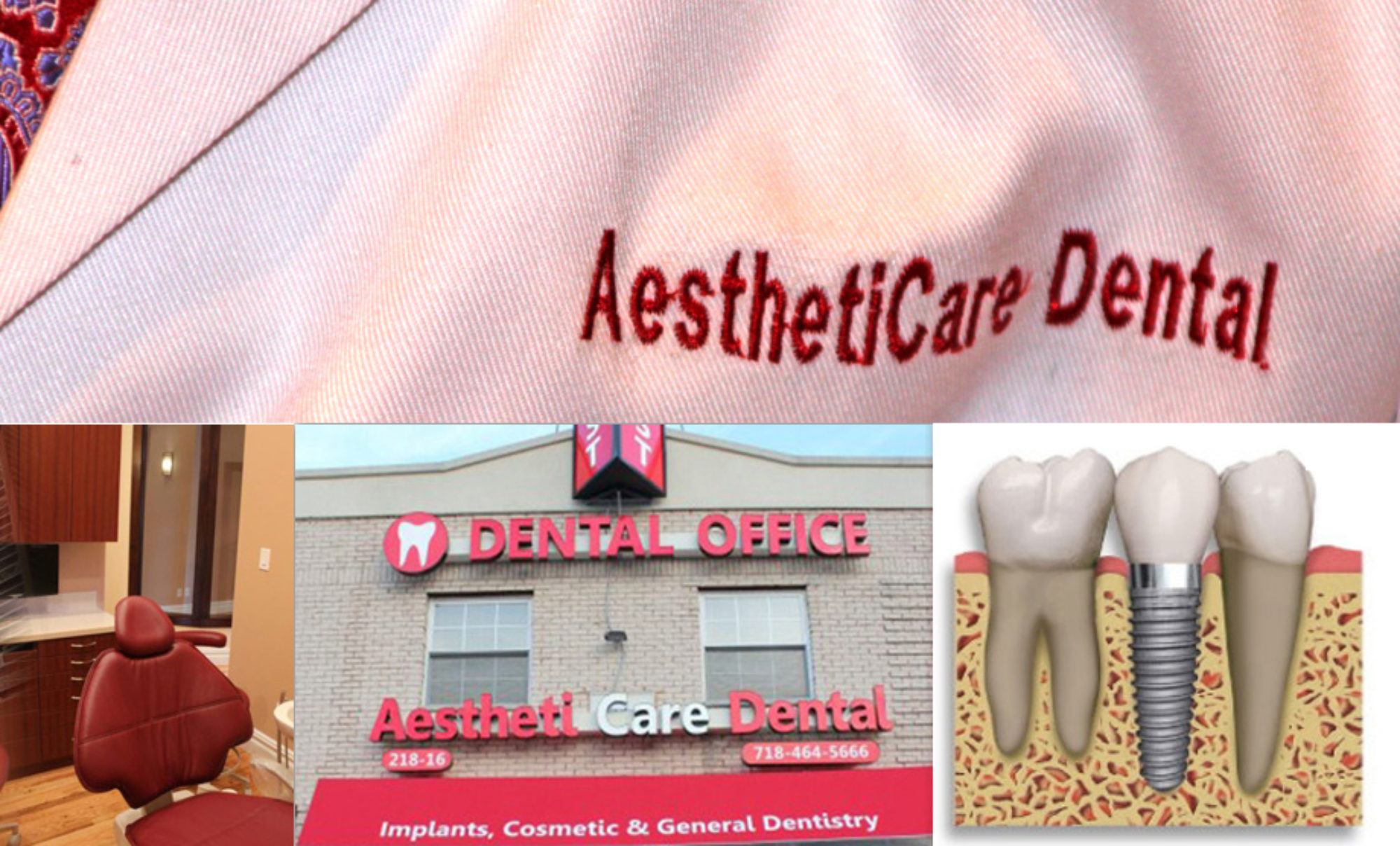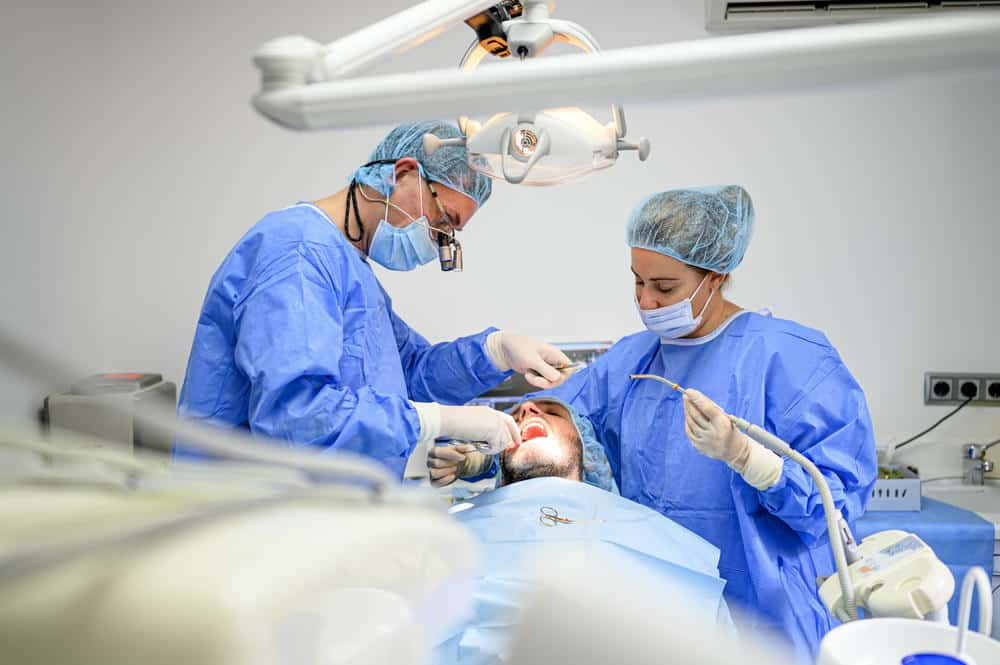Overbite, crossbite, overcrowding, spacing, and crooked teeth are some of the common orthodontic problems that most people face. Fortunately, today there are various orthodontic treatments available in the dental industry to fix these types of problems. One of these treatments and treatment solutions is Invisalign.
For shaping and straightening teeth, Invisalign is a practical and convenient method that is a new form of orthodontics. Invisalign clear aligners are removable molds that are placed on the teeth. Because they are transparent, they are not easily recognizable.
As a result, you can use them without worrying about the presence of wires. You can also use them depending on whether the need for orthodontics is lower or upper jaw. In this article, we will try to provide you with useful information about the Invisalign treatment.
What Is Invisalign?
Invisalign clear aligners are actually a part of invisible orthodontics. It is essentially a modern and contemporary alternative to conventional metal braces. To make these invisible appliances, special computer software is used to simulate the condition of the individual’s teeth, and based on the type and severity of the individual’s problem, a set of Invisalign clear aligners is made. This orthodontic method is made of thermoplastic and virtually invisible functional materials.
Invisalign in invisible orthodontics is a type of orthodontic treatment that straightens and aligns teeth without the need for conventional metal braces and using clear, removable aligners.
This treatment involves a series of clear plastic aligners that are custom-made for each person’s teeth to correct the alignment of the teeth and guide them toward their original position. The clear braces of this orthodontic method are made from BPA-free plastic materials and are much easier to use than traditional metal braces.
It is important to note that in most cases, invisible braces work just like traditional braces, with the only difference being their aesthetics. Both methods gently move teeth into the correct position. When using invisible braces with clear aligners to treat irregular teeth, you will need to replace the aligners about every two weeks.
Who Is Invisalign Suitable For?
In general, this orthodontic retainer is suitable for people who do not want others to know about their treatment process. For example, teenagers who have just reached puberty are very sensitive about their appearance. As a result, they may not be willing to undergo orthodontics for this reason. Also, adults who no longer live in the community and undergoing fixed orthodontics can make their conditions difficult.
All of these people can use Invisalign orthodontics. In this case, during the one to two years of treatment, their teeth will be straightened and no one will know about it. In addition, invisible orthodontics has other advantages, which we will discuss below.
Steps For Making And Installing Invisalign?
The steps for making and installing Invisalign are as follows: The dentist must make an accurate model of your teeth. Usually, they use a laser scanner to make an accurate and detailed mold of your teeth. In the next step, the model made of your teeth is sent to the laboratory to make a mold of your teeth.
When you visit your dentist for your next appointment, the aligners will be placed in your mouth. You will be given a full explanation of how to use them and the dos and don’ts during the appointment. Since these aligners are made to exactly match the shape of your teeth, they will need to be changed after your teeth have moved. As a result, you will need to wear several different clear aligners or trays throughout your treatment.
Benefits Of Invisalign
Invisalign helps teeth move into their correct position and location more quickly. However, the length of treatment, whether with Invisalign or other orthodontic methods, depends on the complexity of the dental problem. However, treatment with invisible braces is typically completed within 6 to 14 months. You can ask your orthodontist for the exact length of time that orthodontics will take.
The following are reasons why you should choose an Invisalign doctor for your teeth orthodontics.
- Invisibility and maintaining the beauty of the mouth and teeth;
- More precise and regular movement of teeth than traditional orthodontics;
- Easy cleaning of braces and very convenient care;
- No problem speaking;
- No eating disorders;
- Ease of maintaining oral hygiene;
- No damage to gums and soft tissues of the mouth compared to metal orthodontics;
- Ease of use and mobility.
Advantages Of Invisalign Over Traditional Braces
You should know that you will be wearing your aligners all day long, except when you eat, floss, and brush your teeth. Since Invisalign braces are removable, you can remove them whenever you need to throughout the day.
Wearing Invisalign is very easy and you can continue with your daily activities without any disruption to your life. When you receive your aligners, you will have to place clear braces on your teeth. Then you will have to wear each set of aligners for two weeks and then change to the next set of aligners.
At first, your aligners will be tight because they are designed to move your teeth gently and precisely. After a few days, your teeth will gradually change their position. Then you will notice that your aligners will become a little loose after a while.
However, if they start to feel loose, do not change them sooner than two weeks, because you will have to keep them in your mouth for the full two weeks and any earlier will interfere with your treatment process. This time allows your teeth and gums to adjust to the new position.
When considering your orthodontic treatment options, it is important to understand the advantages of Invisalign over traditional braces.
- They are transparent; as a result, most people won’t notice that you are wearing them;
- Your teeth move more precisely with Invisalign than with traditional braces;
- Maintaining oral health is much easier with Invisalign.
- These aligners are much more comfortable than metal braces and do not irritate your teeth or gums;
- Invisalign also saves you time;
- Unlike braces, which require frequent office visits for wire changes and adjustments, you will have fewer office visits with Invisalign;
- Treatment times are also often shorter.
Invisalign Orthodontic Care
Taking care of your Invisalign clear aligners is very important, and you should be careful about what you should not do during treatment. Consider these tips as a guide to orthodontic care .
- While wearing aligners, avoid eating and drinking, especially colored liquids, as they will discolor the aligners;
- Do not use toothpaste or a toothbrush to clean your aligners, as this will scratch the aligners and give bacteria a chance to grow;
- Whenever you take your aligners out of your mouth, rinse them immediately so that saliva doesn’t remain on them and they don’t dry out;
- Use a special antibacterial detergent to clean your aligners. This is a great way to remove bacteria and plaque from your braces;
- After rinsing, soak the aligners in a denture solution or a product approved for Invisalign orthodontics. Be sure to rinse them before putting them back in place;
- Be sure to brush your teeth before and after wearing aligners. Food particles trapped between your teeth can scratch your aligners.
How Does Invisalign Change The Shape Of Teeth?
Invisible braces work by first capturing a photo of your teeth. Then, 3D software creates a mold of your tooth shape. When you place the first mold in your mouth, you will probably feel a lot of pain and pressure for a few days, and this pressure gently moves the teeth.
After two weeks, your teeth will have moved about 0.25 to 0.33 millimeters. As a result of this movement, the old tray will no longer fit you. Now it’s time for the new tray to put extra pressure on the teeth.
Each time, your Invisalign doctor will give you a new set of aligners that you will need to wear for at least 20 hours a day. Invisalign doesn’t look like wires or brackets, but rather like a clear coating on your teeth. If you wear the aligners consistently, your teeth will be in a more regular shape in less than a year.
How To Use And Care For Invisalign?
The way to use Invisalign is that it is best not to remove it from your mouth at all. If you need to remove it, it is best to keep it in your mouth for at least 20 hours a day. If you remove it from your mouth for more hours, the treatment process may take longer.
We said above that the doctor will talk to you about the dos and don’ts. One of the important things is to brush your teeth regularly. Also, floss. In addition, it is better to take your toothbrush out of your mouth when you eat. So, if you want to have healthier teeth, brush and floss after every meal, then place the aligner in your mouth.
Is Invisalign Expensive?
An important question that arises for patients is whether the price of Invisalign is high. In response, we must say that Invisalign will cost more than using metal orthodontics. The reason for this is, first of all, the technology of making the molds, which is completely different from metal models.
In addition, another issue that affects the price of Invisalign orthodontics is that you must change the mold every two to four weeks. It is by changing these molds that the teeth take on a regular shape. Therefore, when evaluating and examining prices, you should also consider its applications.
Final Words
In this article, we have introduced and examined in detail the Invisalign orthodontic method and its use for correcting jaw and tooth abnormalities. As mentioned, choosing this treatment method for each patient requires a detailed assessment of the condition of the teeth, the patient’s preference, and the diagnosis of an orthodontist.
You should note that although Invisalign is more expensive and costly compared to other orthodontic methods, considering its benefits, it is a suitable method for people who prefer not to have the orthodontic device visible in their mouth and to remove it when necessary.

